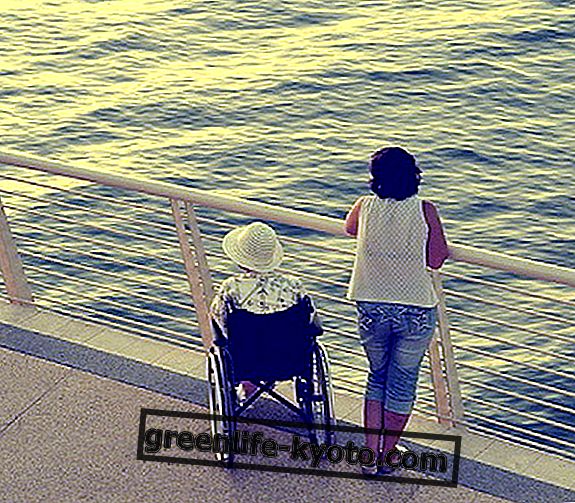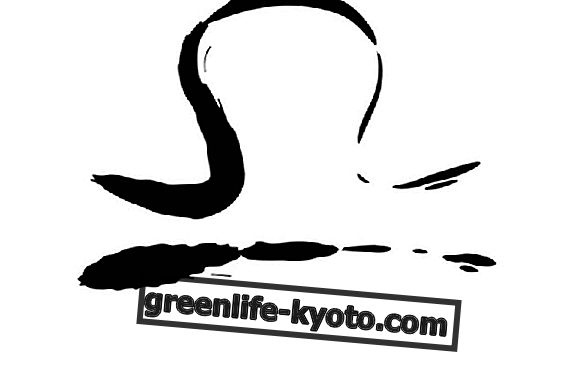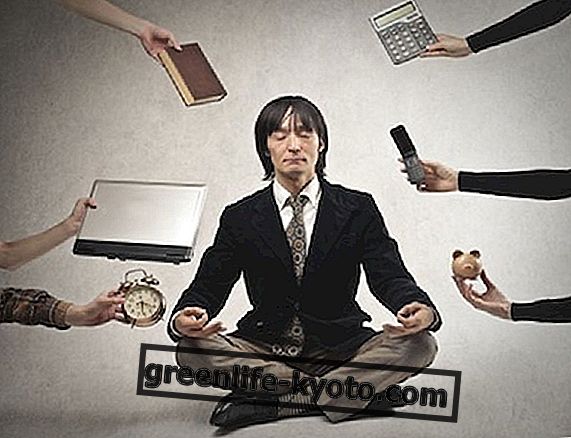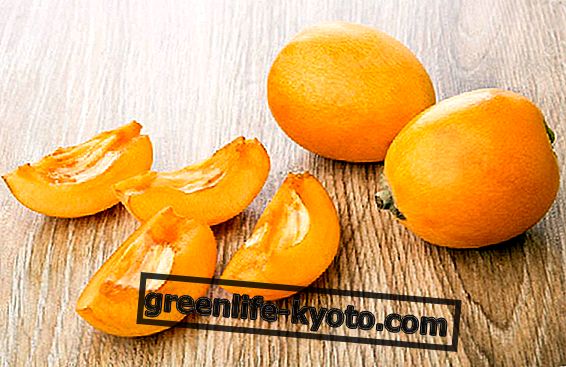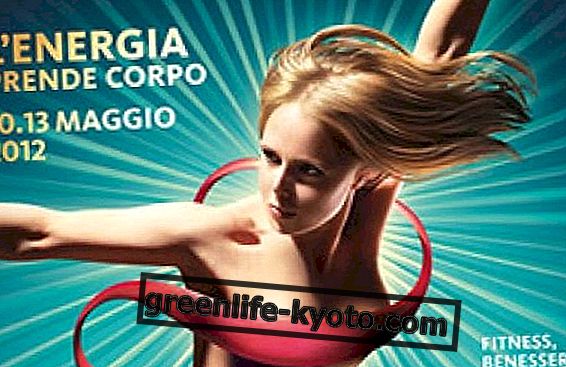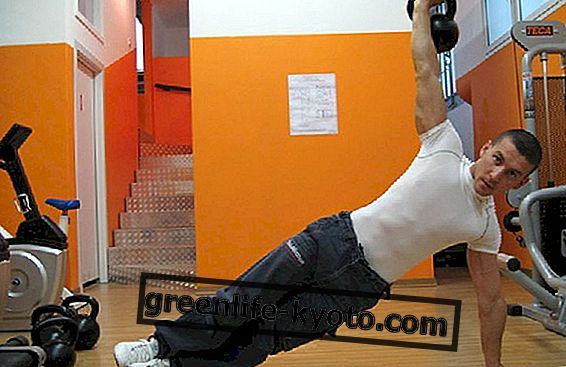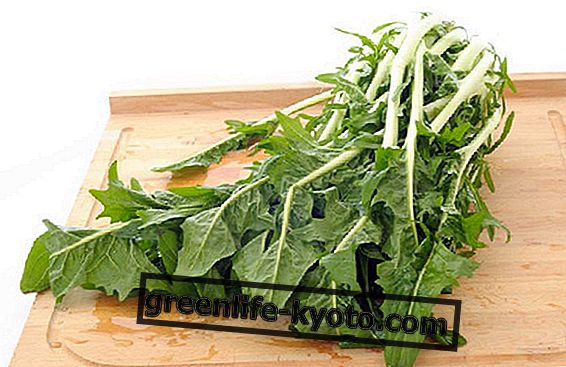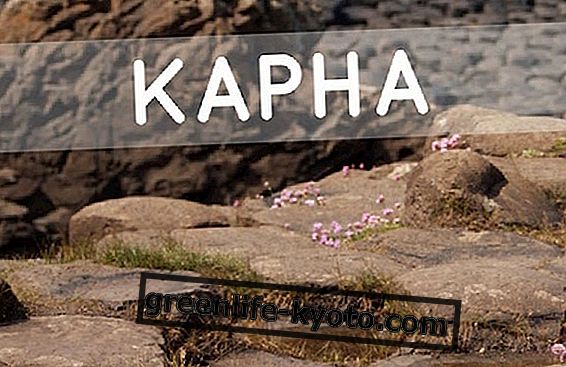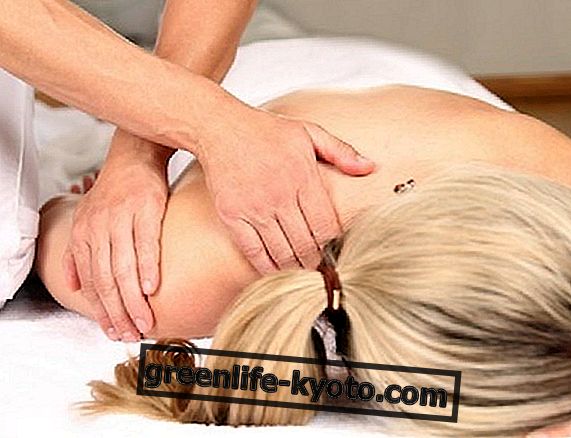
There are many types of massage from the most varied traditions, both Eastern and Western. Yet with his book "Il massage del Sè", Francesco Ruiz transcends all of them to arrive, metaphorically, at the original nucleus, that substantial core that goes beyond geography or an established tradition.
Reading his work and the interview he kindly gave us opens up new horizons on a habit that many people undergo periodically, but of which, perhaps, they had not grasped the depth and depth that it contains. He answers the doubts of the neophytes and argues the doubts of the skeptics: it will help both to see with a different eye a practice, that of the massage, so precious and, at times, underestimated .
The title "The massage of the Self" is very original. Can you explain, for the benefit of those who have not yet read your book, what do you mean by this name?
The title highlights the depth of the massage I designed which is not intended as a mere set of techniques operating at a superficial level but as a complex modality that acts on several levels of the Self, all coherently integrated between them. To support the technical-operational aspect of the massage, to highlight how this is limiting compared to the speech I developed, I have structured a broad theoretical and scientific reference framework. The experience gained in about 30 years of professional activity in the field merges with the curiosity, intuition and theoretical knowledge belonging to different fields of scientific knowledge, but all converging towards the importance of the relationship and, in particular, of the contact human in personal development. Thus conceived, the Massage acts and reacts not only on the physical level but also on the psyche, triggering a series of processes aimed at recovering one's authentic Self with immediate positive repercussions on the level of self-esteem and psycho-physical well-being.

Do the massage techniques you propose and explain in the book draw on a repertoire of Oriental, Western or both techniques? Based on what criteria did you compose the sequence that illustrates over the course of the text?
In the text I often refer to the fundamental character of integration . The individual is considered as " olos " or rather as a unitary whole of body-mind and spirit, in connection with the environment that surrounds it. The scientific theories of reference belong, as already mentioned, to different fields of knowledge such as philosophy, pedagogy, psychology, but also biology and neuroscience. In the same way, I believe that Western and Eastern cultures cannot do without each other and both contribute substantially to giving background and substance to the contents of the text. Transpersonal psychology certainly draws on the millenary oriental culture and the meditative techniques also refer to consolidated oriental practices. In the text, however, I would like to underline how research conducted in fields as diverse as biology have traced an authoritative parallel between spirit and matter . The sequence of arguments is not naturally random. The environment in which man is immersed is the starting point of every discourse and the relationship is the red thread that runs through my research. It is approached from a psychological, pedagogical and spiritual point of view. The sense of growth, understood in the broadest sense of the term, lies in the possibility of "liberating" and enhancing the human capacity, to which we are biologically predisposed, to adapt to the environment in a creative way and, to do this, it is necessary to renounce every concept that isolates and separates.
The privileged place of the relationship is the contact and the body is the sacred space with which to undertake the journey that brings to light dormant and repressed opportunities. The body work, widely introduced and supported by a solid theoretical structure, goes beyond the barrier of thought and favors a deep and intimate contact not only with the other but also, perhaps above all, with ourselves. The techniques are presented as the ultimate synthesis of the work because, although important, they would be dry if not supported by the whole meaning of the profound transformation of the human being, which precedes them.
It emphasizes in a very effective way the importance of contact, of the "touch" between operator and massaged between which a deep and mutual enriching relationship is established. Yet in our society the practice of massage is still quite unusual, except for aesthetic purposes. Why do you think?
The contact, and in particular the Massage, is a very nourishing experience and has the quality of positively transforming the latent contents that hold back the full and creative expression of the potential present in each of us. It has been amply demonstrated that it is a fundamental need present from the earliest moments of life in the mother's womb and persists, even though it becomes the form, throughout the entire individual existence. The profound benefits of contact and massage on the nervous, cardiovascular and endocrine systems have been recognized by eminent scientists working in various branches of human knowledge. However, in addition to the limitations and inhibitions imposed by culture on intimacy, to which the experience of authentic contact is intrinsically linked, it requires a strong rooting on the part of those who practice and a conscious surrender on the part of the recipient. Opening to contact means entrusting oneself and granting oneself a journey into the most intimate spaces of one's interior life. Intimacy with oneself and with others is an experience that involves all the planes of Being and is scary because it makes us vulnerable, placing us in front of the ghosts that we have cleverly concealed to make it easier to adapt to the surrounding environment. Contact promotes change in the present space of experience as it is, without modifying anything, and requires the responsibility of looking at things in their purest essence, beyond any false belief. For this reason, relying on contact and massage is often the result of a reaction to a dramatic motivation, rather than a pure desire for intimacy, personal growth and psychophysical well-being.
She repeatedly stresses the human need to realize and evolve herself by analyzing the concept very well, above all from a psychological point of view. I ask her for an "integration", if we can say so: in the light of her intuitions, what tools does the common man have to realize this important aspiration?
Man has many ways to achieve the natural aspiration to evolve common to all human beings: psychological support, the help relationship to bodily mediation, spiritual practices, sporting commitment, hobbies, any activity that requires prolonged attention to the action carried out in the present moment. The scientific knowledge and the recovery of instinct and intuitive abilities, also innate in each of us, are indispensable tools, whatever the path chosen. Certainly humanistic and transpersonal psychology offer us many hints in this sense because they investigate the needs and motivations of man in the here and now of the relationship . The Massage represents, in this context, a quid of value as the phenomenological reality is experienced in a more immediate and profound way, beyond the barrier that sometimes the word imposes, as a sign of unconscious defense.
SEE ALSO
Art and history of massage
Rediscovering one's inner energy
